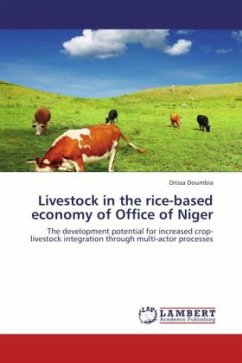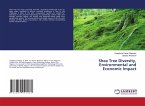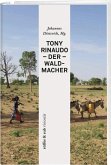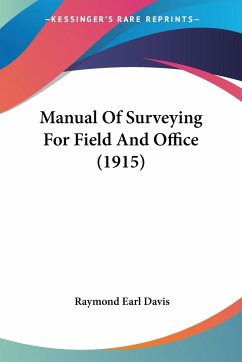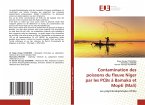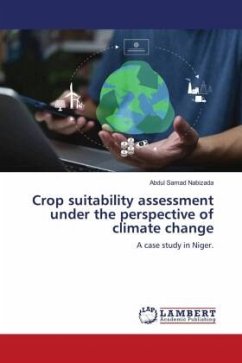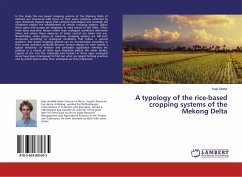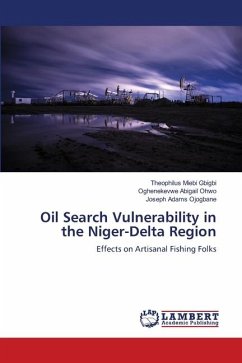Aim of the diagnostic study was to gain insight in the development potential of livestock for the rice-based economy of Office du Niger (ON) in Mali. Via surveys, interviews and farmer group discussions, we studied the functioning of various farming systems and value chains. Findings show that in ON rice is the prime agricultural activity: though half of the farm households own cattle (for capital insurance and draught power), livestock management is troublesome due to a lack of grazing land and water points etc. Rice production is lucrative, but half of the farmers do not have the land and/or capital to attain a good production and sell a profitable price. The ON supports rice farming via the provision of infrastructure and subsidies but the hierarchical structure and limited human resources hinder the timely availability and quality of these services. More affluent farmers do cope, but poorer farmers have problems to make ends meet. Diversification towards intensive livestock production seems a possible way out.

